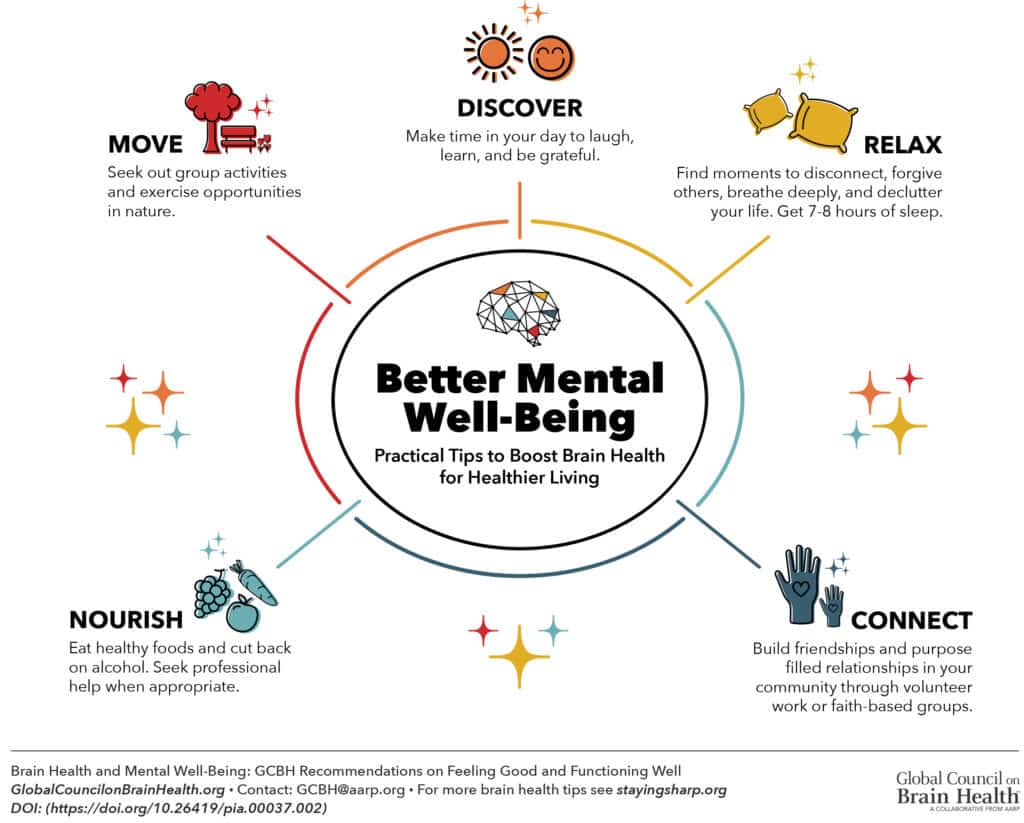A newly published study found that positron emission tomography (PET) scans used to detect plaques related to Alzheimer’s disease may influence the care and diagnoses received by patients with mild cognitive impairment (MCI) and dementia.
More specifically, the results of the research showed that in about two-thirds of cases, clinicians who received information from their patients’ PET scans went on to change medical management regarding medications or counseling within 90 days.
The participant pool included 11,409 men and women from across the nation living with MCI or dementia of an uncertain cause. They were an average age of 75, and were all Medicare beneficiaries. Participants came from a multisite, longitudinal study known as the Imaging Dementia—Evidence for Amyloid Scanning (IDEAS) study.





